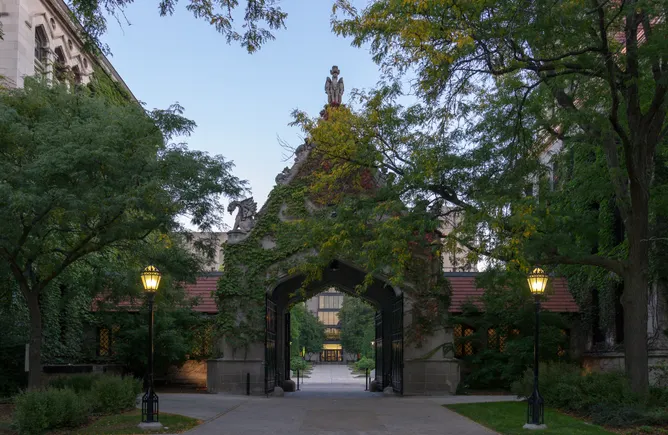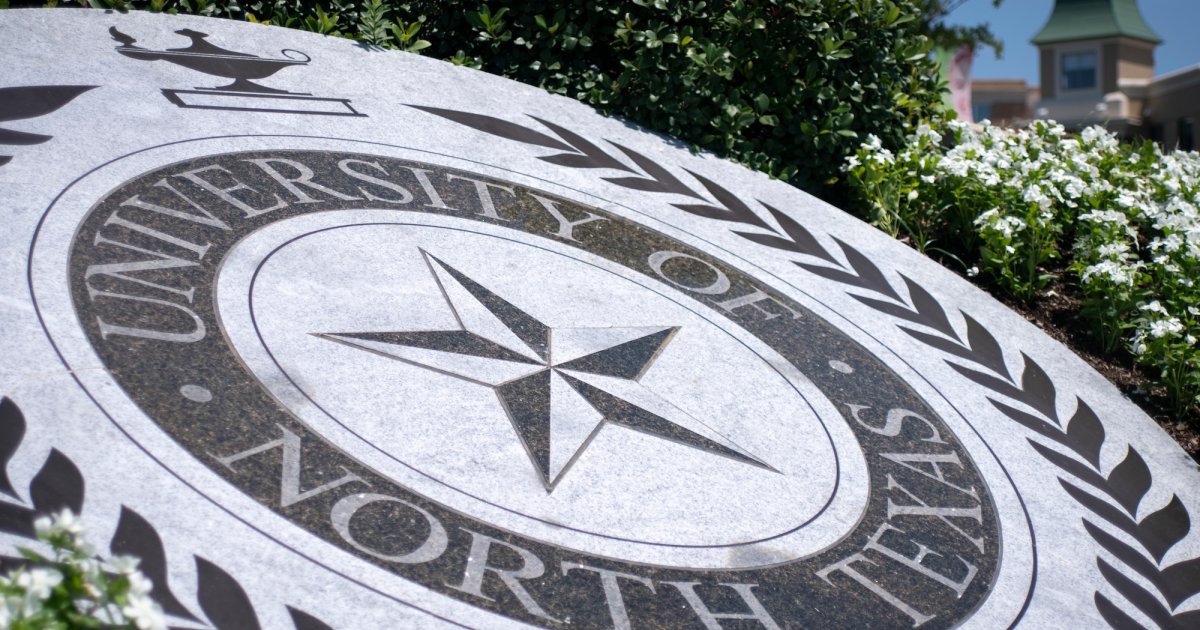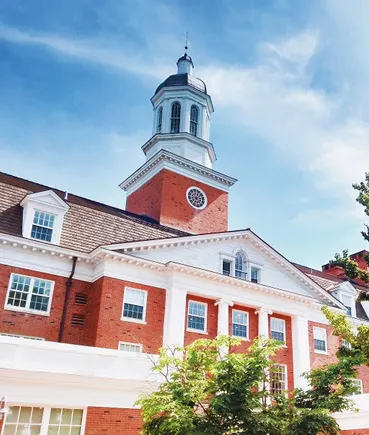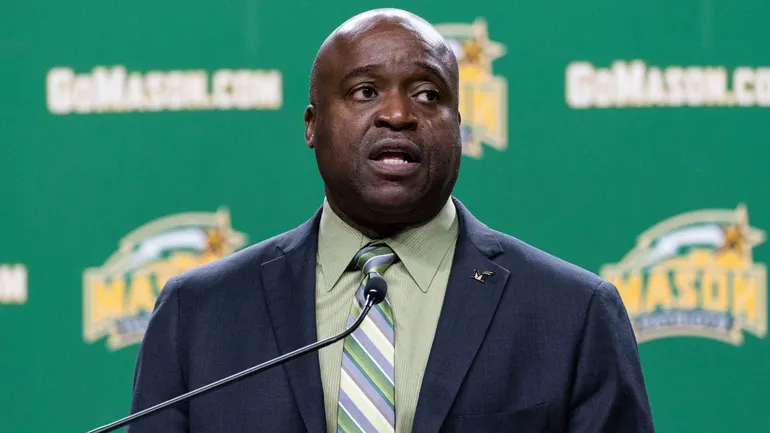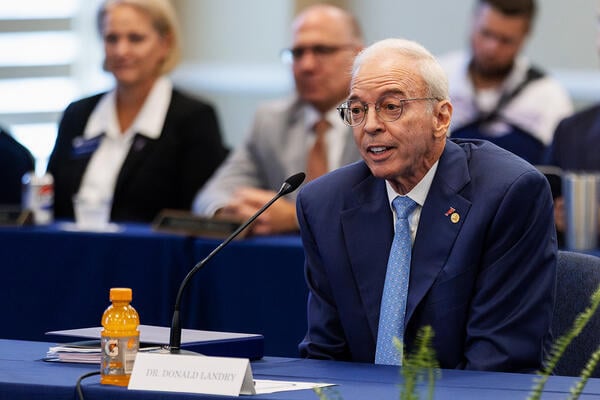Dive Brief:
- The University of California system’s president warned state lawmakers Wednesday that it would need at least $4 billion to $5 billion to minimize harm in the event of a major loss of federal funding.
- In a letter to state Sen. Scott Wiener, chair of California’s joint legislative budget committee, UC President James Milliken said the Trump administration’s actions “place the entire University of California system at risk,” noting there is a“distinct possibility of more to come.”
- The federal government in August suspended $584 million in grants to the University of California, Los Angeles over antisemitism-related allegations. Milliken responded at the time that cuts “do nothing to address antisemitism.”
Dive Insight:
In his letter to Wiener, Milliken detailed the many ways the University of California depends on federal funding. That includes $5.7 billion in research funding and $1.9 billion in student financial aid per year. UCLA alone received over $875 million in federal grants and contracts in fiscal 2024, according to the latest system financials.
He also described the potential impacts of losing this funding in dire terms.
“Classes and student services would be reduced, patients would be turned away, tens of thousands of jobs would be lost, and we would see UC’s world-renowned researchers leaving our state for other more seemingly stable opportunities in the US or abroad,” he wrote.
Cutting off research funding, largely for scientific studies, has been the primary tool of the Trump administration when targeting colleges. Federal officials often link the cuts to allegations that colleges aren’t doing enough to respond to campus antisemitism that the administration ties to protests over Israel’s war against Hamas.
In some cases, the tactic has paid off for the federal government. Columbia University agreed to settle allegations by paying $221 million to the federal government in return for having most of its $400 million in suspended research grants restored.
The administration is also seeking $500 million from Harvard University, which has been navigating a multi-agency attack from the federal government.
However, a federal judge on Wednesday ruled that the Trump administration’s suspension of $2.2 billion of Harvard’s funding was unlawful. The judge in the case concluded that the evidence does not “reflect that fighting antisemitism was Defendants’ true aim in acting against Harvard.”
On the West Coast, the U.S. Department of Justice announced in June it was investigating the UC system over “potential race- and sex-based discrimination in university employment practices.”
Meanwhile, the administration has also demanded $1 billion from UCLA specifically. While the UC system and UCLA have negotiated with the administration, Milliken in August said the sum “would completely devastate our country’s greatest public university system as well as inflict great harm on our students and all Californians.”
State officials have panned the administration’s demand in fiercer terms, with both Gov. Gavin Newsom and Wiener describing it as extortion.
In an August statement, Wiener likened the $1 billion demand to “classic mob boss behavior,” describing the administration as “threatening to illegally revoke funding — here, science funding — or take other punitive steps unless the university submits to his control, pays him off, and submits to his racist, transphobic, xenophobic dictates.”
As it navigates the numerous financial risks at the federal level, as well as other structural financial pressures, UCLA has paused faculty hiring and is moving to consolidate its IT operations to save costs on top of past budget moves.
In his letter to Wiener, Milliken described the current moment as “one of the gravest threats in UC’s 157-year history,” and suggested further actions from the Trump administration could be in store later.
In outlining the amounts the UC system would need to survive a blow to federal funding, he said that the UC system “will need the resolve and partnership of our state’s leaders.




